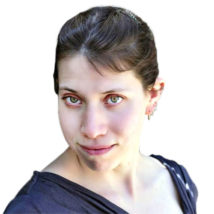
Bethany Brookshire was a longtime staff writer at Science News Explores and is the author of the book Pests: How Humans Create Animal Villains. She has a B.S. in biology and a B.A. in philosophy from The College of William and Mary, and a Ph.D. in physiology and pharmacology from Wake Forest University School of Medicine. She was a 2019-2020 Knight Science Journalism Fellow at MIT, the winner of the Society for Neuroscience Next Generation Award and the Three Quarks Daily Science Writing Award, among others.

All Stories by Bethany Brookshire
-
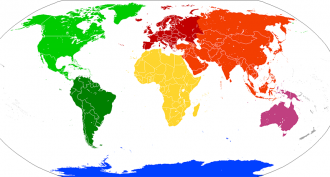 Earth
EarthScientists Say: Continent
A continent is a large land mass. Geologists recognize six of them — Africa, Antarctica, Eurasia, Australia, North America and South America.
-
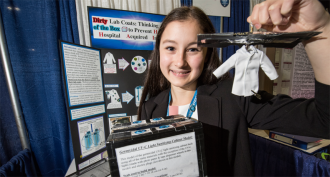 Health & Medicine
Health & MedicineA light-filled box could blast bacteria from lab coats
Doctors can pick up bacteria on their lab coats. A teen has designed a special light-filled box to keep those coats from infecting others with those germs.
-
 Health & Medicine
Health & MedicineThis mix turns pink when sunscreen wears thin
Many people know to put on sunscreen. Remembering to put more on is harder. A teen invented an indicator that glows pink when it’s time to reapply.
-
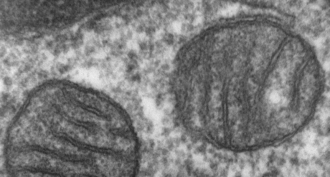 Life
LifeScientists Say: Mitochondrion
Mitochondria are structures inside cells that converts certain chemicals into adenosine triphosphate — a molecule cells use as energy.
-
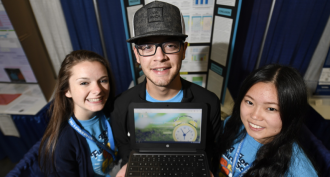 Health & Medicine
Health & MedicineTeens take on science in the age of smartphones
With nearly every teen using a smartphone, it’s no surprise teen scientists are studying them. Two teams do science with smartphones, one on procrastination, the other on self-esteem.
-
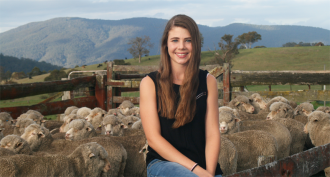 Agriculture
AgricultureSheep poop may spread poisonous weed
Fireweed is a poisonous plant in Australia. Sheep can eat it without hurting themselves. But a teen found those sheep may be spreading more weeds.
-
 Health & Medicine
Health & MedicineLibrary books could come with a side of germs
People transfer microbes to most of the things we touch. Does that extend to our library books? A teen did an experiment to find out.
-
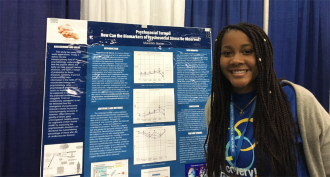 Science & Society
Science & SocietyResearch is important because…
Teens wouldn’t do science unless they felt it was important. Here’s why they think it matters so much.
-
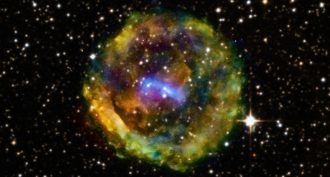 Space
SpaceScientists Say: Supernova
When a star has too much mass, it can explode. The explosion is called a supernova.
-
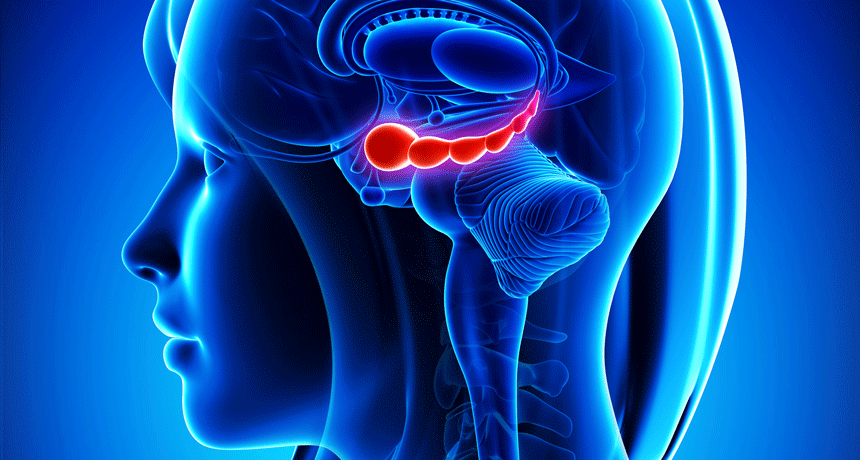 Brain
BrainScientists Say: Hippocampus
The hippocampus is an area of the brain that is essential for forming new memories.
-

Confidence in math predicts girls’ participation in STEM
Even with similar grades, high school girls rank themselves less able to handle tough math material. That may steer them away from math and science careers.
-
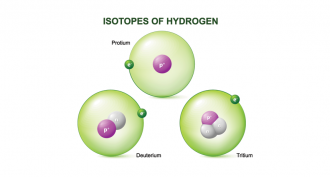 Chemistry
ChemistryScientists Say: Isotope
An isotope is a variety of an element that has the same number of protons but a different number of neutrons — or neutrally charged particles.